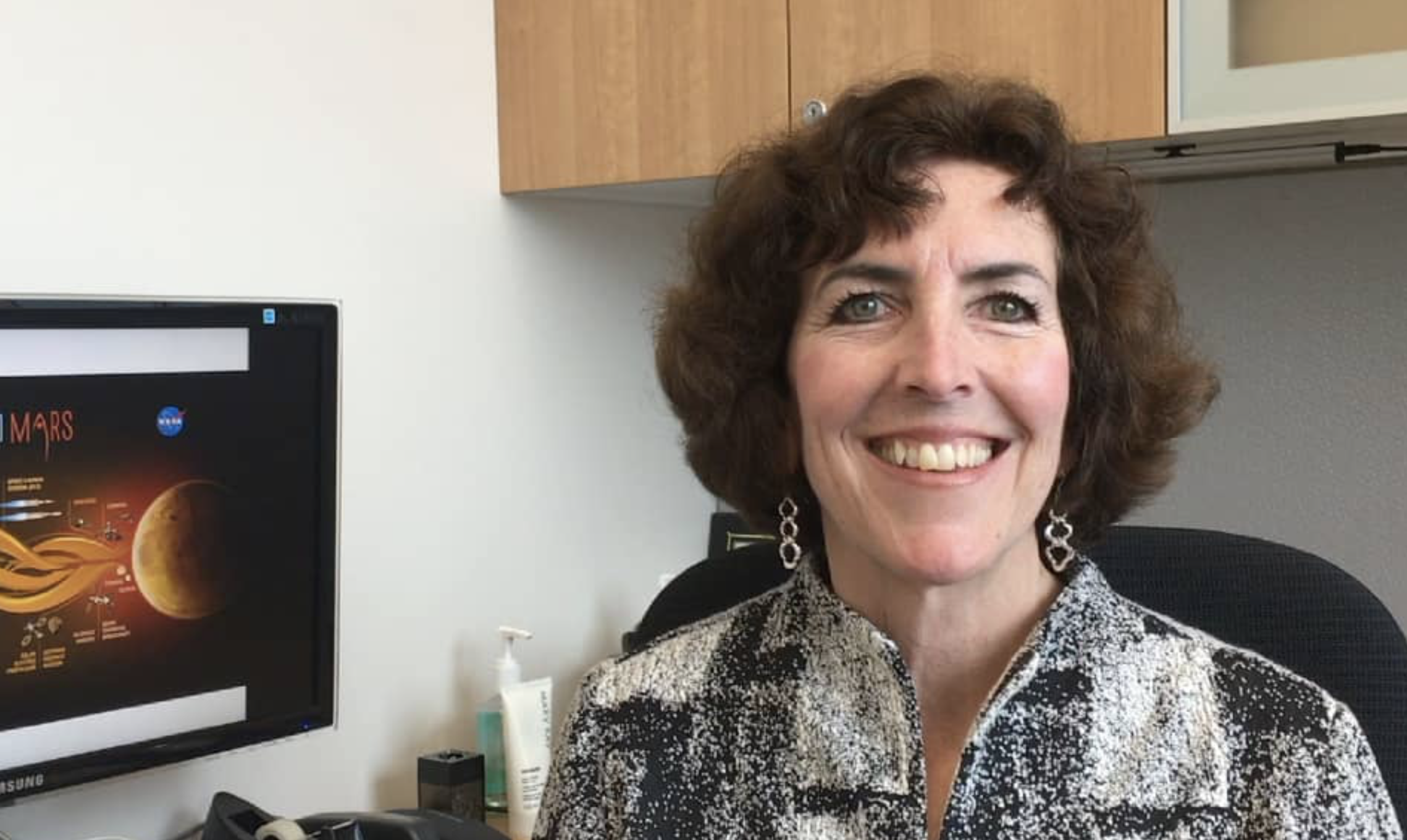Nearly three decades ago, Brigham and Women’s Hospital (BWH) scientist Cindy Lemere, Ph.D., started her career by investigating Alzheimer’s pathology in the human brain. With other pioneers, Lemere discovered that plaque deposits — abnormal clusters of protein in the brain — may trigger inflammation that is associated with degeneration of nerve cells and impaired memory. Today, Dr. Lemere, who is now a researcher at the Ann Romney Center for Neurologic Diseases at BWH and an associate professor at Harvard Medical School, is leveraging her early findings in a fascinating collaboration between the center and NASA.
“While we understand much more about inflammation in the brain and its possible link to memory loss than we did 27 years ago, we are still unraveling the impact of gender, hormones, and genetics on patients with Alzheimer’s disease,” says Lemere. “So three years ago, when I was fortunate enough to get a NASA grant to learn more about how these factors impact the brain, I jumped at the opportunity.”
Dr. Lemere and her colleagues have performed three large-scale studies of low-dose radiation in mice — an amount similar to what astronauts might encounter in outer space — to look for short- and long-term effects on inflammation, behavior, amyloid deposition, and cerebral blood flow. So far, the team has seen striking gender-related differences in how mice respond to the radiation-induced injury. Even though female mice with Alzheimer’s tend to have more plaques than males, males show accelerated disease following radiation, while females seem to be somewhat protected, showing no increase in cognitive impairment.
“This is exactly the opposite of what we expected,” Dr. Lemere says. “We think we may be able to find some clues in this data to explain why the females were protected against the radiation injury to the brain, whereas the males were not. Hopefully, these factors will lead us to find new strategies for treating and curing Alzheimer’s disease.”
Watch Dr. Lemere talk more about her work and this exciting collaboration:


